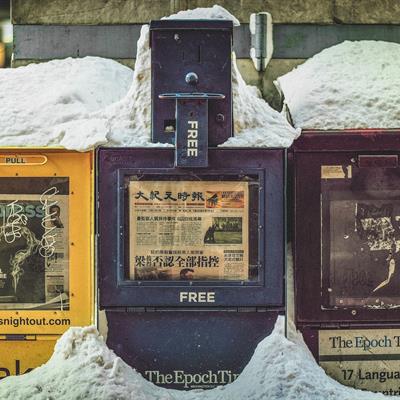Please be aware when registering, all times are in the Eastern Time Zone. Even for free events, you will need to click the "Proceed to Checkout" button and "Submit Order"
to complete your registration. If you do not receive an automated confirmation email, or if you have any questions about registration, please email
onlineseminars@saa.org.

Registration Closed!
Outreach, Engagement, and Advocacy: The Importance of Reaching the Public through Media
When: March 07, 2018 3:00-4:00 PM ET
Duration: 1 hour
Certification: RPA-certified
Pricing
Individual Registration: Free to SAA members; not available to non-members
Group Registration:
Kristina Killgrove, PhD, has been writing online for 15 years. In that time, she has contributed to more than a dozen different blogs and has started at least as many websites. Her current outlets are her personal/professional blog Powered by Osteons and her columns at Forbes and Mental Floss. In 2016, she was awarded the New Directions award for her online outreach by the General Anthropology Division of the American Anthropological Association, and in 2017, she was awarded the Excellence in Public Education award by the Society for American Archaeology. She serves as the current chair of the SAA Media Relations Committee as well. Dr. Killgrove’s research lies at the boundary between classics and anthropology with a focus on the bioarchaeology of the ancient Roman world.
This seminar will focus on both why archaeologists should engage, advocate, and reach out to others about their field and ways that those goals can be accomplished through interaction with the media. Participants will learn about the expectations of journalists, how news pieces and press releases are written, and how to deal with potentially negative outcomes such as misquoting and trolling.
- Feel more comfortable with speaking to the media.
- Approach media interactions in a way that benefits both the journalist and the archaeologist.
- Engage in more effective science communication.


